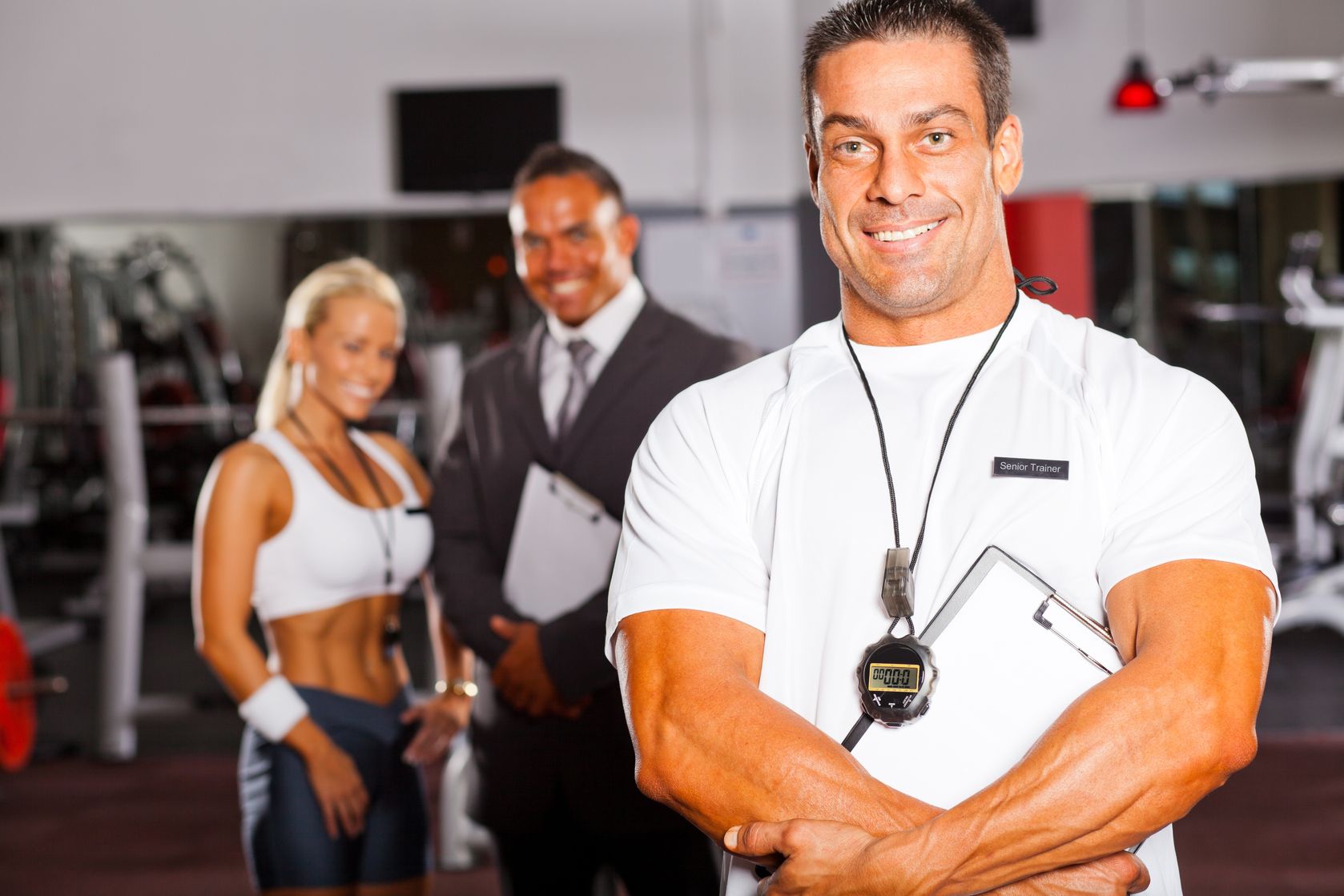In the end, it’s really up to you to do some due diligence to find the strength coach/personal trainer that’s right for you.
But, if you apply these key points that I’ve just laid out for you, you’ll be on your way to accomplishing your fitness goals in a more efficient manner.
Cross-posted on Mobility 101

